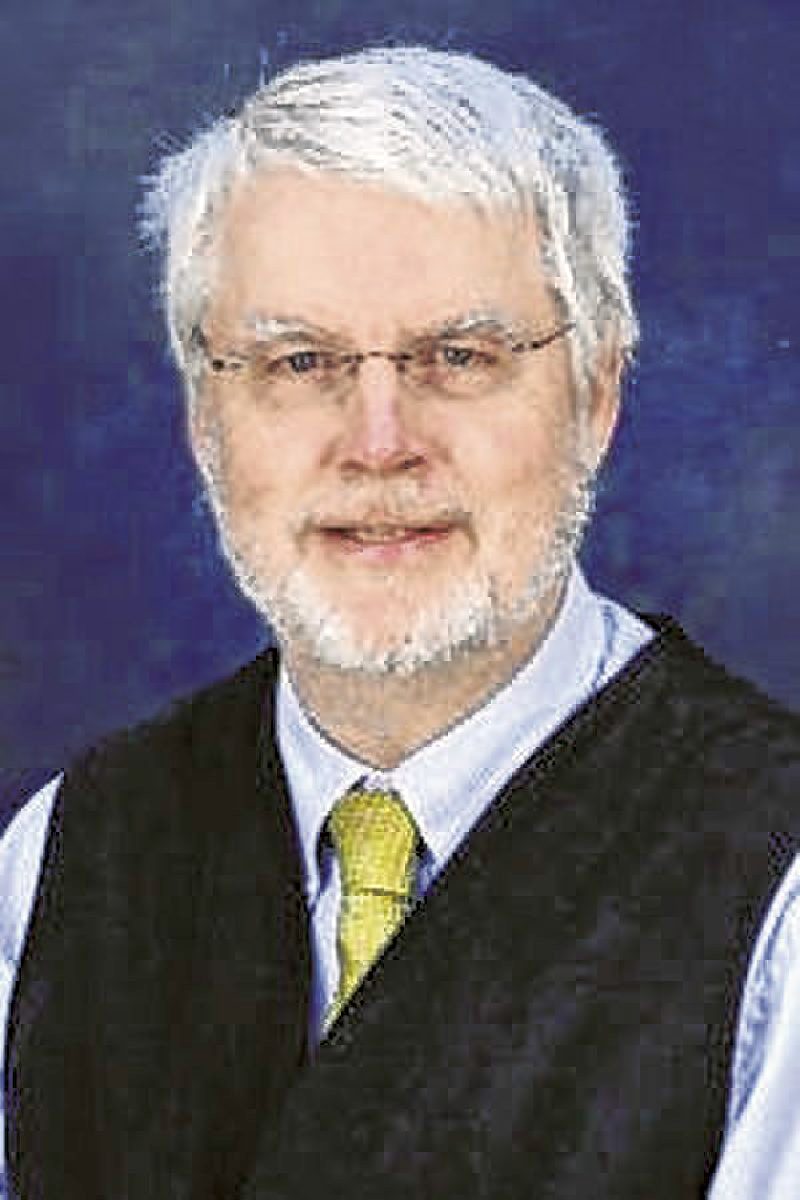As the pandemic has again strengthened, I’ve noticed a kind of fever possess some of my friends.
To a greater extent than at any other time that I can remember, many of my friends are on the move, heading for new horizons. Some are moving from one part of the country to another. Some are leaving jobs that they’ve had and enjoyed for many years. Others are accepting new challenges within their present organizations. Hardly a week goes by before I hear of another friend who is on the move.
Of course, professional mobility is hardly a new phenomenon in our country. We Americans pride ourselves on taking risks, and historical crises have often triggered reflection, redefinition of ourselves and relocation.
That was true in the Great Depression and also in post-World War II America. Like those other moments in our nation’s history, the pandemic has prompted a wave of people relocating and reinventing themselves. All this has made me ponder the question, “Is there a connection between the pandemic and this itch to move on, to make a change, to take a risk?”
My wife suggested one answer to my question. She suggested the pandemic, which forced many to work from home, have groceries delivered, and stay clear of friends and relatives, offered a rare opportunity for people to spend time with themselves — not just the occasional spare minute, but hours, days, months and now more than a year. And in that extended “me time,” people have begun to ask themselves, “What is it that I really want?”
The wave of change can also be related to the pandemic in a different way.
If our pre-pandemic lives often felt like the life of gerbils on the ever-spinning wheel, the pandemic brought that wheel to a screeching halt. For perhaps the first time for many Americans, the routines of their lives were broken — the routine of their jobs, the routine of their cities and towns, and the routine of their regular associates and friends. Perhaps, for those aiming for new horizons, it wasn’t a big jump from accepting the pandemic had interrupted their familiar routines to realizing they aren’t chained to those routines.
There is a third possible reason that so many are making life-changing moves. The pandemic in all of its stages — the initial shock, the climbing death tolls, the relief with the arrival of available vaccinations, and now its resurgence — has convinced us all that our lives are less certain than before.
We lie in bed at night with new questions keeping us awake. How serious will future mutations be? Is it safe to send my kids to school, or should I homeschool them until they can be vaccinated? What if the pandemic forces my place of business to downsize or, worse, close?
Whether we like it or not, the pandemic has made life riskier. And perhaps in recognizing that, more and more Americans are concluding, “Just living in a pandemic is risky. As long as I’m no longer in my comfort zone, why don’t I take another risk?”
You might suggest other factors contributing to the current restlessness and risk-taking. I think that there is one observation that we can all agree on, however. At the beginning of the pandemic, the mantra that we heard over and over again was, “I can’t wait for life to return to normal.”
For many people, that mantra is as over as 2020. The new mantra is “Forget normal; I want a change.”
David Carlson of Franklin is a professor emeritus of philosophy and religion. Send comments to [email protected].




